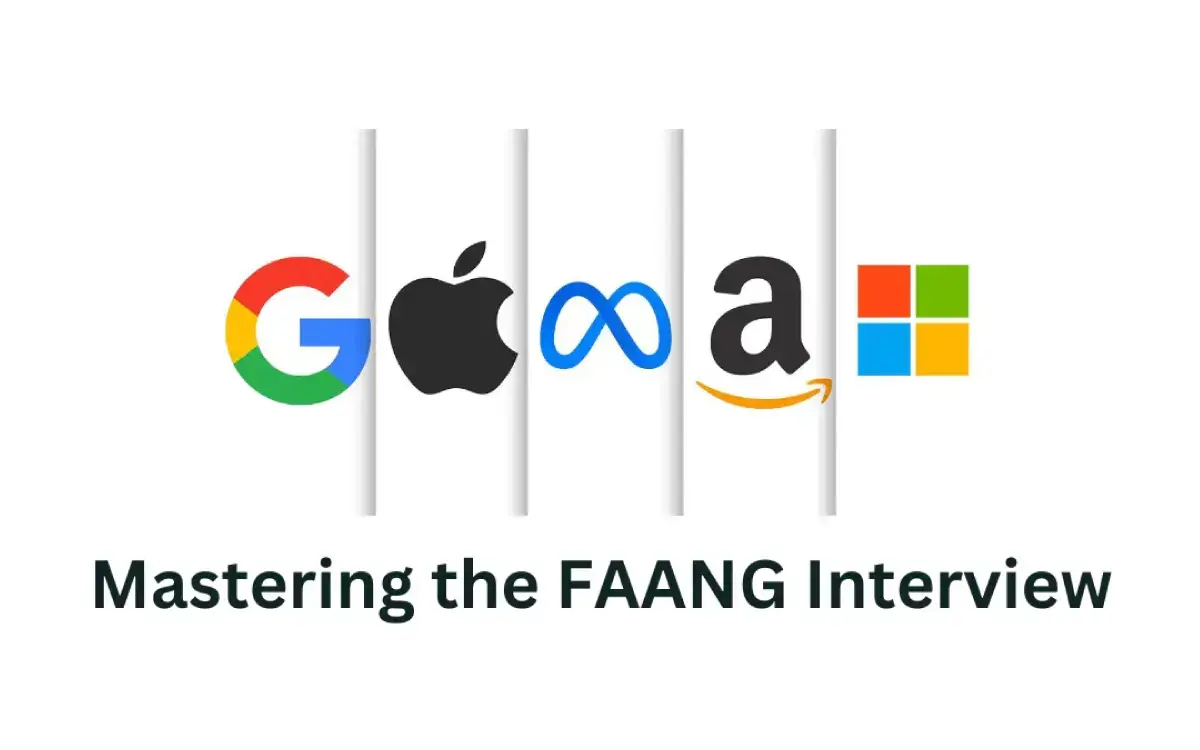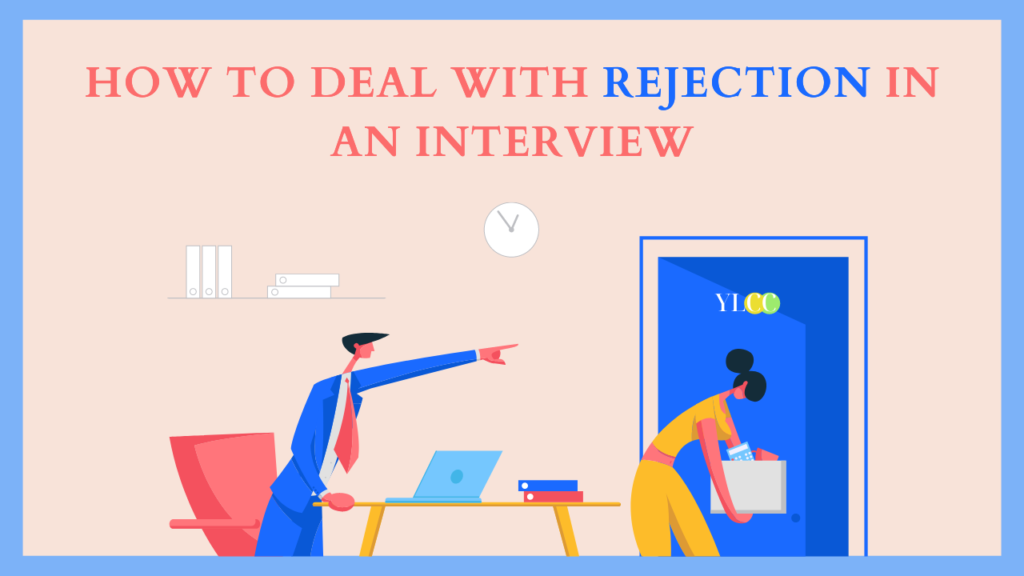Introduction
In the 1800s, the California Gold Rush led thousands to seek fortune in the West. Today, a different kind of rush is happening—one driven by artificial intelligence (AI). Businesses, governments, and research institutions are pouring billions into AI, making it one of the most lucrative and high-demand fields in technology.
For software engineers, the opportunity to transition into AI has never been better. The demand for AI and machine learning (ML) professionals has skyrocketed, salaries are reaching all-time highs, and companies are in fierce competition for talent. This blog will explore why software engineers are in the perfect position to capitalize on the AI boom, the benefits of transitioning now, the challenges they may face, and how they can successfully pivot into AI roles.
The Rise of Artificial Intelligence
AI is no longer a futuristic concept; it's already reshaping industries. Over the last decade, AI has made significant strides in healthcare, finance, robotics, entertainment, and beyond.
Some of the major breakthroughs that have fueled AI's rise include:
Deep Learning: Neural networks like GPT-4 and DALL·E are revolutionizing natural language processing (NLP) and generative AI.
Computer Vision: AI can now analyze medical images, power self-driving cars, and enable facial recognition systems.
Reinforcement Learning: AlphaGo's victory over human champions showcased AI's ability to master complex decision-making tasks.
With these advancements, businesses are racing to integrate AI into their products, increasing demand for skilled professionals who can build and optimize AI-driven systems.
The Role of AI in Everyday Life
AI has become deeply integrated into our daily lives, often in ways we may not even realize. Some examples include:
Virtual Assistants: AI-powered tools like Siri, Alexa, and Google Assistant help us manage our schedules, answer questions, and even control smart home devices.
Personalized Recommendations: Platforms like Netflix, Spotify, and Amazon use AI to suggest content tailored to user preferences.
Healthcare Diagnostics: AI-driven tools assist doctors in detecting diseases, analyzing X-rays, and predicting patient health outcomes.
Understanding how AI is shaping the world today makes it clear why software engineers should get involved in this evolving landscape.
The Growing Demand for AI Professionals
AI adoption is expanding rapidly, and companies are struggling to fill AI-related positions. According to recent reports:
AI-related job postings have increased by over 75% in the past five years.
The global AI market is expected to reach $1.8 trillion by 2030.
Companies like Google, Microsoft, Amazon, and Tesla are aggressively hiring AI talent.
AI Growth Across Industries
Industries leading the AI revolution include:
Healthcare: AI-powered diagnostics, drug discovery, and personalized medicine.
Finance: Fraud detection, algorithmic trading, and automated risk assessment.
Autonomous Systems: Self-driving cars, drones, and robotics.
Retail and E-commerce: AI-driven chatbots, recommendation engines, and automated supply chains.
Cybersecurity: AI-powered threat detection and risk mitigation.
Manufacturing: AI-driven automation in supply chains and production lines.
Education: AI-powered adaptive learning platforms that personalize education for students.
Marketing & Advertising: AI-driven customer targeting, predictive analytics, and automated content generation.
Why AI Demand is Surging
Several key factors are contributing to the surge in demand for AI professionals:
Advancements in Computing Power: The advent of high-performance GPUs and TPUs has enabled more complex AI models to be trained faster and more efficiently than ever before.
Explosion of Big Data: AI thrives on large datasets, and the increasing availability of structured and unstructured data has accelerated AI applications across industries.
Competitive Market Pressure: Companies across all sectors recognize that integrating AI into their operations is not just a luxury but a necessity to remain competitive.
Government & Research Investments: Governments worldwide are prioritizing AI research and development, offering grants and funding initiatives to accelerate AI adoption.
AI in Consumer Technology: With AI being embedded in personal devices, voice assistants, and smart home automation, its demand continues to grow exponentially.
The Talent Gap in AI
While the demand for AI professionals has surged, the talent pool remains relatively small. A report from the World Economic Forum suggests that AI and data science roles are among the fastest-growing job categories, yet there is a global shortage of professionals with the necessary AI expertise.
This talent gap has created lucrative opportunities for software engineers looking to specialize in AI. Companies are actively recruiting individuals with strong programming and problem-solving skills, even if they have limited AI experience, as long as they demonstrate a willingness to learn.
The Future of AI Job Market
The AI job market is expected to remain robust in the coming years. Experts predict that AI roles will continue evolving, giving rise to new specializations such as:
AI Ethics Specialists: Professionals ensuring AI models are fair, transparent, and unbiased.
AI Security Experts: Engineers specializing in protecting AI systems from cyber threats and adversarial attacks.
AI Product Managers: Individuals bridging the gap between technical teams and business stakeholders to develop AI-driven products.
With AI impacting nearly every sector, companies require skilled professionals to develop, implement, and maintain AI systems. This presents an unprecedented opportunity for software engineers to specialize in AI and secure long-term career growth.
Why Software Engineers Are Well-Positioned for AI Roles
Many software engineers hesitate to transition into AI, assuming it requires an advanced degree or years of research experience. The truth is, software engineers already possess many of the fundamental skills required for AI roles, including:
Programming Expertise: Python, Java, and C++ are widely used in AI development.
Data Structures & Algorithms: Critical for optimizing machine learning models.
Software Development Experience: Building scalable and efficient AI solutions requires engineering best practices.
Mathematical Thinking: While some additional math (linear algebra, probability, and calculus) is needed, software engineers can learn these concepts through online resources.
By leveraging these existing skills and acquiring AI-specific knowledge, software engineers can quickly transition into AI roles.
Steps to Transition into AI
Start with Online Courses: Platforms like Coursera, Udacity, and fast.ai offer excellent AI and ML courses.
Build a Strong Math Foundation: Learn linear algebra, probability, and statistics.
Work on Real-World Projects: Use Kaggle, GitHub, and open-source AI projects.
Participate in AI Competitions: Compete in hackathons and AI challenges.
Network with AI Professionals: Attend AI conferences, join forums, and connect with industry leaders.
Benefits of Transitioning to AI Now
Switching to AI isn't just about keeping up with trends—it's about future-proofing your career. Some of the major benefits of moving into AI now include:
1. High Salaries and Job Security
AI professionals are among the highest-paid in the tech industry. The average salary for an AI engineer in the U.S. is $150,000+, with top companies offering compensation exceeding $300,000. Additionally, AI-related roles are expected to be among the most recession-proof jobs, as companies continue investing in automation and intelligence-driven solutions.
2. Working on Cutting-Edge Innovations
AI allows engineers to solve some of the world's biggest challenges, from climate change to medical research. Whether it's using AI for early disease detection or creating more efficient supply chains, AI professionals are at the forefront of technological innovation.
3. Increased Career Mobility
With AI skills, engineers can work across multiple industries, including healthcare, finance, automotive, and cybersecurity, giving them a broader range of job opportunities. AI engineers are not limited to traditional tech companies—many non-tech firms are also heavily investing in AI-driven initiatives.
4. Impact on Society
AI is revolutionizing education, healthcare, and sustainability. Engineers in AI can contribute to life-changing advancements, such as improving accessibility for disabled individuals, streamlining drug discovery, and reducing energy consumption in various industries.
5. Job Opportunities Worldwide
Companies worldwide are looking for AI talent, providing opportunities to work remotely or relocate to tech hubs. AI engineers can often work from anywhere, giving them access to global career opportunities.
6. AI Integration in All Fields
AI is being integrated into marketing, legal, and creative industries, opening doors beyond traditional tech roles. For example, AI-driven tools are being used for content creation, fraud detection, and contract analysis, further expanding the demand for AI professionals.
7. Long-Term Career Growth
AI is expected to keep evolving, ensuring demand for professionals well into the future. Engineers who transition now will be in a strong position to take on leadership roles as AI technology continues to advance.
8. The Demand-Supply Gap Will Vanish Soon
Currently, there is a significant shortage of AI and ML engineers, making it a lucrative field with abundant job opportunities. However, as AI education becomes more widespread and universities, bootcamps, and online platforms train more engineers, the demand-supply gap is expected to narrow within the next few years.
This means that while AI salaries and opportunities are currently high, competition will increase as more professionals enter the field. Engineers who transition now will have a first-mover advantage, gaining experience and securing high-paying roles before the job market becomes more saturated.
How InterviewNode Can Assist in Your AI Career Transition
Transitioning to AI can be challenging, but InterviewNode makes the process seamless by providing targeted resources, expert mentorship, and structured interview preparation.
1. Expert-Led ML Interview Preparation
Interviewing for an AI or ML role is vastly different from standard software engineering roles. InterviewNode offers comprehensive machine learning interview coaching designed by professionals who have successfully secured AI positions at top companies like Google, OpenAI, and Meta. We provide:
Real-world ML interview questions with detailed solutions.
Personalized feedback from AI industry experts.
Practice mock interviews that simulate high-pressure AI hiring environments.
2. Structured AI Learning Pathways
Breaking into AI requires more than just coding skills. Our structured learning roadmaps guide engineers through:
Fundamental AI and ML concepts.
Practical deep learning and reinforcement learning applications.
AI system design and deployment strategies.
MLOps best practices for scalable AI solutions.
3. Hands-On AI Projects
Recruiters prioritize candidates with real-world AI experience. InterviewNode offers:
AI-driven project challenges to enhance your portfolio.
Open-source collaborations to gain industry experience.
Personalized project mentorship to refine and deploy ML models.
4. Exclusive Networking Opportunities
Building a career in AI isn't just about technical skills—it’s about who you know. InterviewNode provides exclusive networking opportunities, including:
Access to a community of AI professionals from top tech companies.
Private AI career coaching and resume reviews.
Direct job referrals to AI and ML hiring managers.
5. Resume Optimization & AI-Specific Job Search Strategies
Most AI engineers struggle with crafting resumes that highlight their ML experience. InterviewNode helps:
Tailor resumes and LinkedIn profiles for AI job searches.
Identify the right roles for different levels of ML experience.
Prepare engineers for technical and behavioral ML interview rounds.
6. Ongoing Support & Career Guidance
AI is an ever-evolving field, and InterviewNode ensures you stay ahead of the curve. We offer:
Regular updates on AI hiring trends and required skills.
Continued mentorship even after securing an AI job.
A lifelong community for career growth and knowledge sharing.
Why Choose InterviewNode?
Unlike generic interview prep platforms, InterviewNode is specifically tailored for AI and ML career transitions. Our industry-focused curriculum, real-world case studies, and hands-on mentorship give software engineers a competitive edge in breaking into AI roles.
If you're serious about landing a high-paying AI job, InterviewNode is the best resource to fast-track your success.
Conclusion
The AI revolution is here, and software engineers have a unique opportunity to be at the forefront of this transformation. With skyrocketing demand, high salaries, and the chance to work on groundbreaking innovations, there's never been a better time to transition into AI.
If you're ready to make the switch, start learning today, build AI projects, and prepare for ML interviews. And when you're ready for the next step, InterviewNode is here to help you land your dream AI job.
The AI Gold Rush has begun. Will you claim your stake?






